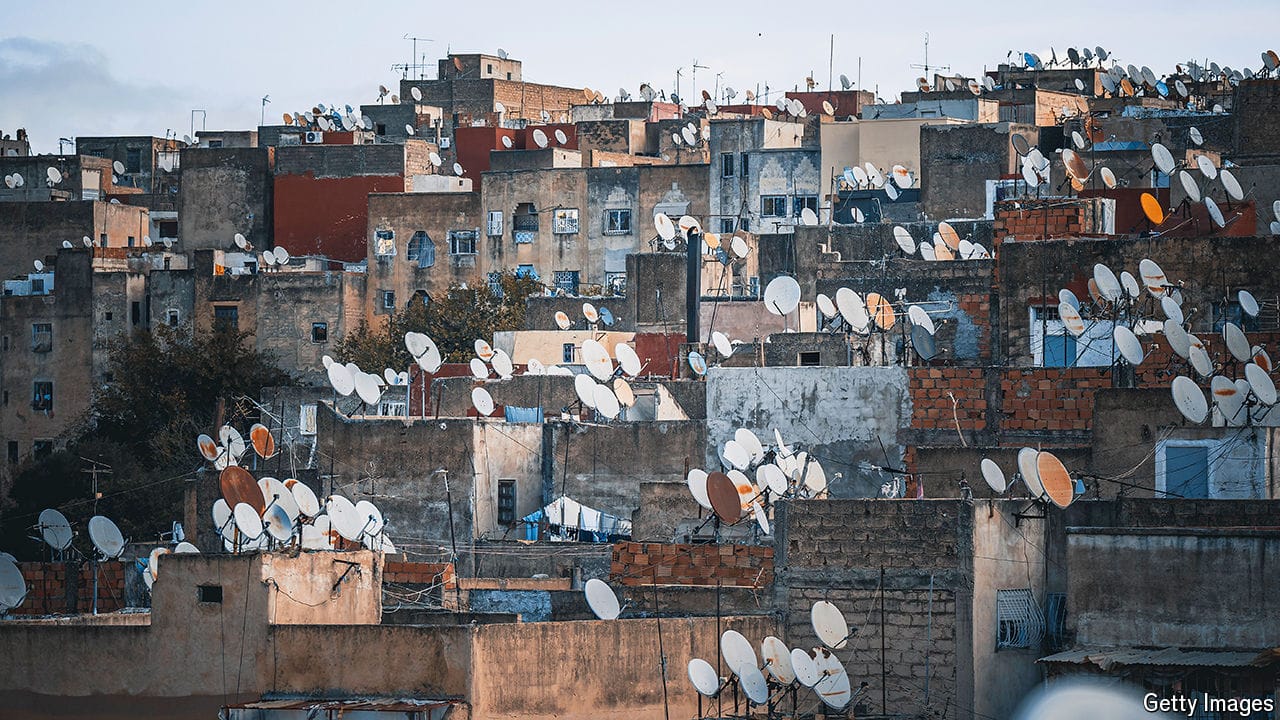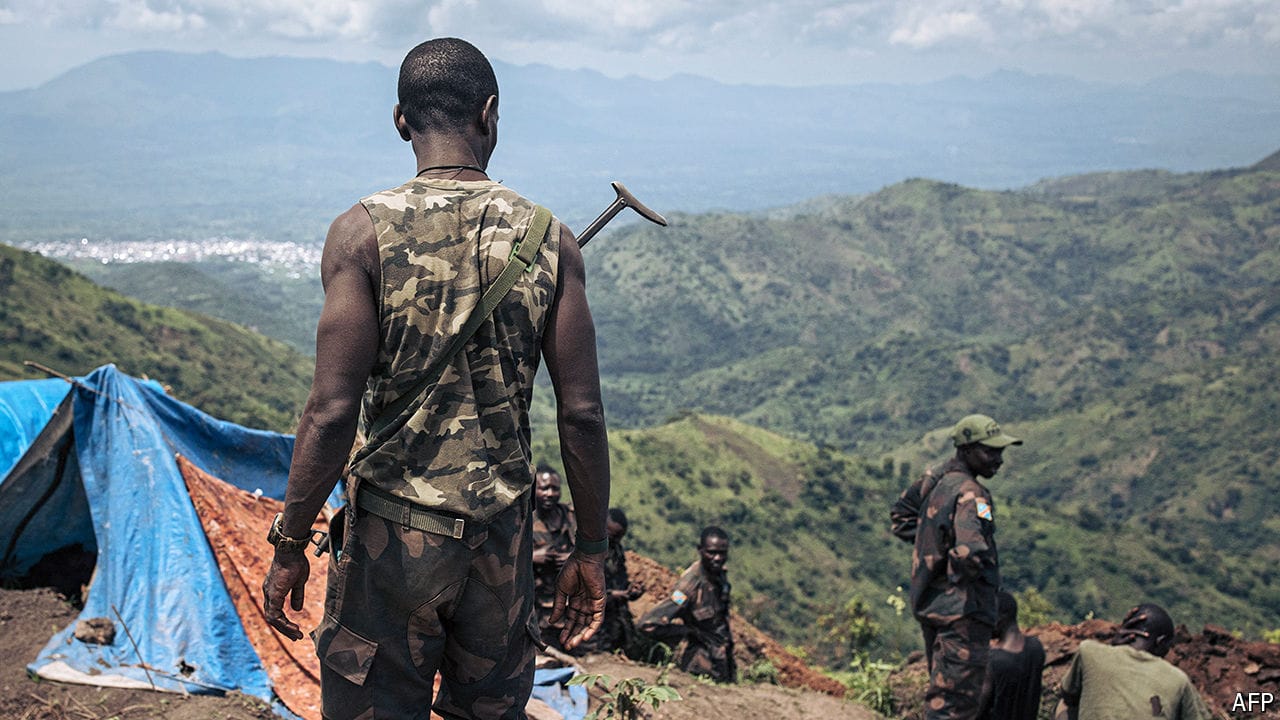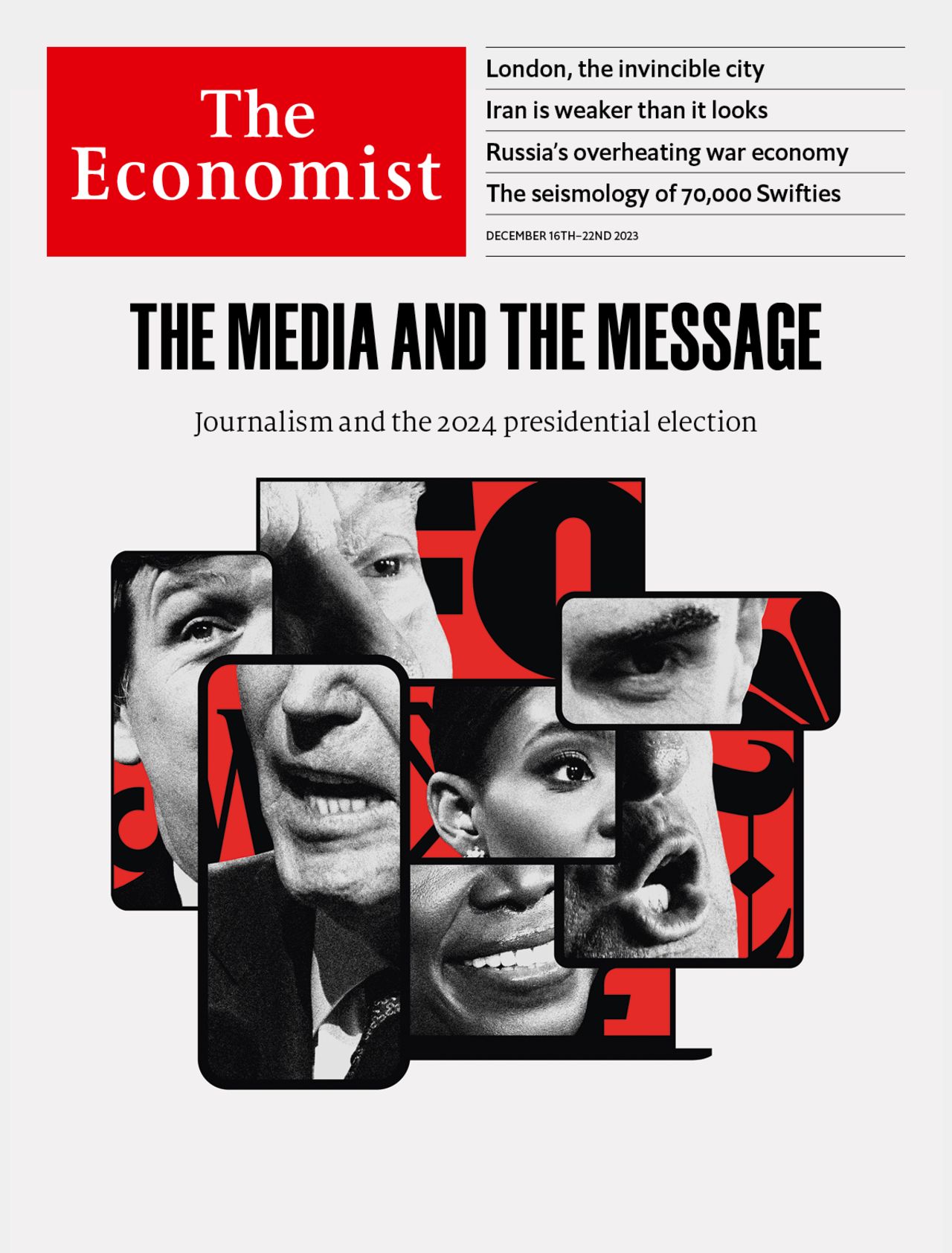Iran rethinks its role as a regional troublemaker
The Islamic Republic is preoccupied with its transition to a new generation of leaders

ON THE FACE of it, the war in Gaza has been good for Iran’s clerical regime. First, its ally, Hamas, proved itself horrifyingly more effective than most observers had assumed in its attack on Israel on October 7th. Since then the other members of the “axis of resistance” have demonstrated Iran’s reach, striking Israeli and American targets from Iraq, Lebanon, Syria and Yemen. The Houthis, Iran’s proxies in Yemen, have attacked oil tankers in the Red Sea and fired missiles with a range of 800km, allowing Iran to threaten trade through the Suez canal, much as it already dominates passage to the Persian Gulf. “They’re showing the world needs Iran if it wants to keep the Middle East stable,” says a former UN diplomat in Tehran. In Washington, DC Republican politicians present the regional menace posed by Iran as proof of President Joe Biden’s geopolitical incompetence.
Iran’s muscle-flexing comes after a year in which the ayatollahs have regained their grip over the country’s citizens. In late 2022 widespread demonstrations, triggered by the death in custody of a woman who wore her hijab improperly, appeared to be close to toppling the regime. In the end it was the protests, not clerical rule, that died out. Iran’s diplomatic and economic isolation is also easing. It has positioned itself as a crucial supplier of weapons to Russia. Oil exports, especially to China, are booming. In March China brokered a deal to restore diplomatic relations between Iran and Saudi Arabia. In August Iran was invited to join BRICS, the bloc of big emerging economies. And in September America agreed to unfreeze $6bn of Iranian assets as part of a prisoner exchange.
Explore more
This article appeared in the Middle East & Africa section of the print edition under the headline “A tamer troublemaker”
More from Middle East and Africa

Israeli retaliation in Lebanon seems inevitable
But it still wants to avoid all-out war against Hizbullah

Why the AI revolution is leaving Africa behind
Large infrastructure gaps are creating a new digital divide

Rwandan soldiers may outnumber M23 rebels in Congo
The prospect of dislodging the rebels is becoming dimmer
Bibi Netanyahu offered spectacle over substance in America
His fourth address to Congress was historic, but held few answers for Israelis
Israel and the Houthis trade bombs and bluster
For now, though, neither side is a strategic threat to the other
The world court says Israel’s occupation is illegal
But will the International Court of Justice’s ruling have any effect?
